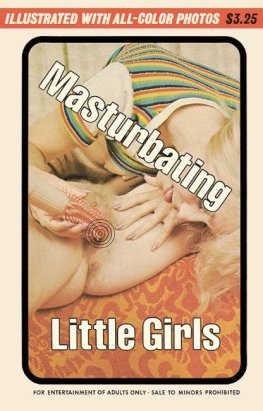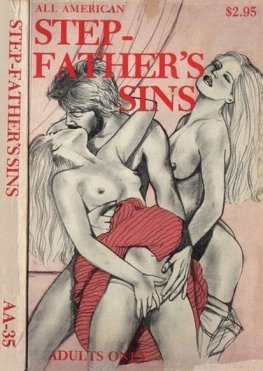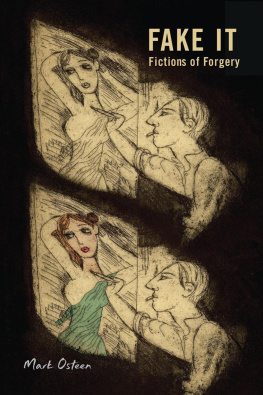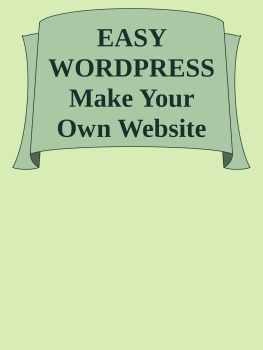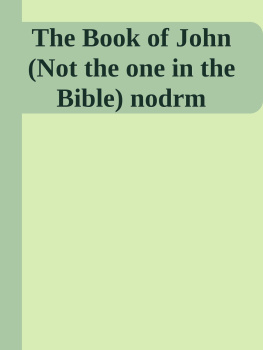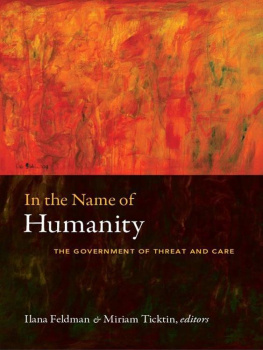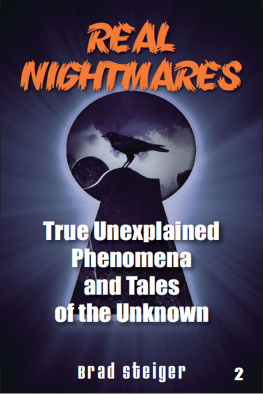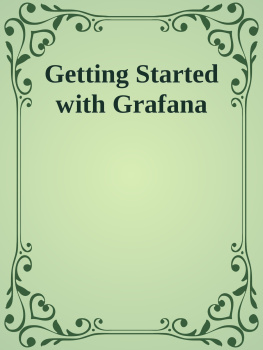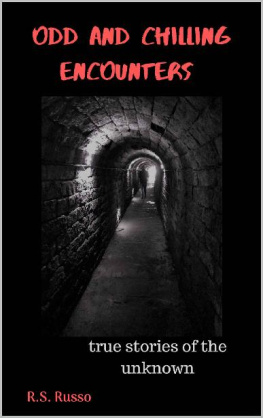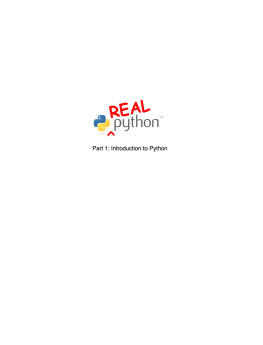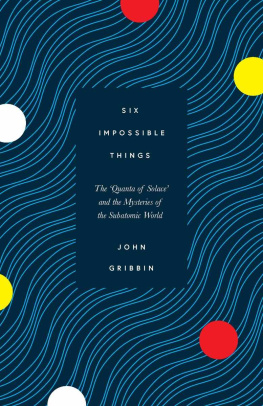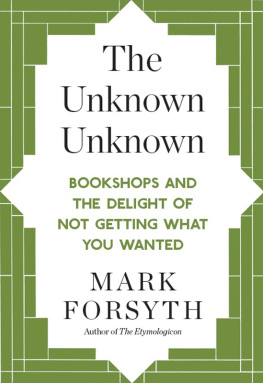Unknown - Real Quanta
Here you can read online Unknown - Real Quanta full text of the book (entire story) in english for free. Download pdf and epub, get meaning, cover and reviews about this ebook. year: 2017, genre: Art. Description of the work, (preface) as well as reviews are available. Best literature library LitArk.com created for fans of good reading and offers a wide selection of genres:
Romance novel
Science fiction
Adventure
Detective
Science
History
Home and family
Prose
Art
Politics
Computer
Non-fiction
Religion
Business
Children
Humor
Choose a favorite category and find really read worthwhile books. Enjoy immersion in the world of imagination, feel the emotions of the characters or learn something new for yourself, make an fascinating discovery.

Real Quanta: summary, description and annotation
We offer to read an annotation, description, summary or preface (depends on what the author of the book "Real Quanta" wrote himself). If you haven't found the necessary information about the book — write in the comments, we will try to find it.
Unknown: author's other books
Who wrote Real Quanta? Find out the surname, the name of the author of the book and a list of all author's works by series.
Real Quanta — read online for free the complete book (whole text) full work
Below is the text of the book, divided by pages. System saving the place of the last page read, allows you to conveniently read the book "Real Quanta" online for free, without having to search again every time where you left off. Put a bookmark, and you can go to the page where you finished reading at any time.
Font size:
Interval:
Bookmark:
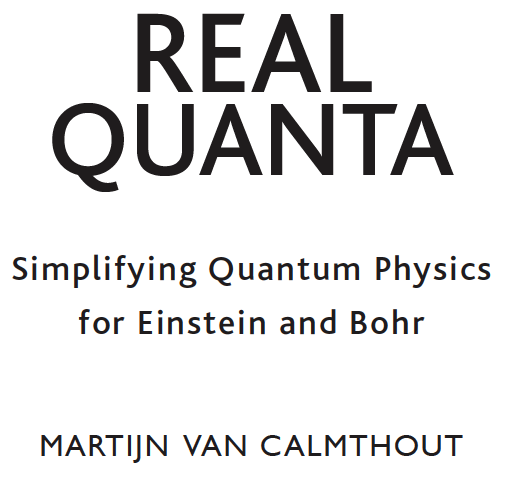
Foreword Leo Kouwenhoven
The Misunderstanding
Overture Coffee with Einstein and Bohr
The First Quantum
Physics for Boys
Intermezzo
Calling the Bluff with Two Slits
Quanta in a Test Tube
All Electrons Count
Intermezzo
Majorana Ghosts
Its All About Spin
An Oral Exam with Ghosts
Spinach and Migratory Birds
The Everyday Riddle
Epilogue
The Death of Schrdingers Cat
Glossary
Sources
Our brains are not built for quantum mechanics.Trying to imagine it is pointless.What we can imagine is classical mechanics.Which is basically a weird kind of quantum mechanics. Leonard Susskind If you think you understand quantum mechanics,you dont understand quantum mechanics. Richard Feynman
quantum 2.0, the construction age
Laws of nature are often born out of necessity, when you are unable to describe new, better observations using the known theories. Quantum theory was born a hundred years ago because the great physicists of the time, Bohr and Einstein, could not describe why atoms stick together, for instance, or have a particular color. Something new was needed, and that was quantum theory.
In the century of Quantum 1.0, the focus was on describ ing nature. Quantum theory proved to be so spectacular ly good at it that nobody doubts the validity of the theory now adays. Which is actually surprising, given that quantum theory is most definitely somewhat bizarre. The famous American physicist Richard Feynman put it succinctly: The theory of quantum electrodynamics describes Nature as absurd from the point of view of common sense. And it agrees fully with experiment. So I hope you accept Nature as She is absurd.
Just try to describe quantum theory in everyday language. Explain how a particle can be in two places at once or in two states at the same time (this is called superposition in quantum-speak). Objects do not exist unless you look at them and consequences occur without a cause. And then there is the phenomenon of entanglement something happening elsewhere, instantaneously and regardless of the distance, when you do something here. Concepts such as superposition and entanglement are too weird for words.
Quantum theory was revolutionary not only for physics but also for philosophy. Everything great philosophers from Plato to Kant had said about reality needed to be reconsidered. Our conceptual framework had to be extended if we were to be able to understand our universe again, even a little. That philosophical aspect is also part of Quantum 1.0, in which we try to understand nature in all its absurdity as it has turned out to be.
Now we are on the threshold of a new age, Quantum 2.0 if you like, which poses a thrilling question: Now that we understand it better, can we use it to make things? Can we build devices in which the components exhibit quantum behavior? Just imagine a car that is parked in two different places at once. Turn a steering wheel in Delft and a car in New York goes left. Superposition and entanglement create possibilities that could be incredibly efficient and useful. However, we will not be entangling cars any time soon. Not merely because they are far too big, but because the right components have not been designed yet.
To build quantum devices, we need a radically different way of think ing. Scientists started designing quantum build ing blocks twenty years ago. For a decade, various work ing building blocks have been made in a dozen labo ratories scattered throughout the Western world. These build ing blocks consisted of single atoms at first, but we are now making bigger and bigger structures. Both the components and the device as a whole demonstrate effects such as superposition and entanglement. Although this is still on a very small scale, we are getting more and more insights into devices that can do something revolutionary and new.
It is hard to predict how this potential for revolutionary technology will change our lives, but we are thinking hard about it, of course. The applications are for instance aiming to make detectors that can photograph the magnetism of several atoms, which is very important for identifying the complex molecules in our body and could therefore be significant for medicine.
A great deal of attention is also being paid to secure communications. At the moment, the data center sees all the e-mails and pin codes you send. The vulnerability of this setup regularly makes the news. Quantum theory makes it possible to teleport your pin code instead of sending it through a cable, and teleportation makes sneaky eavesdropping impossible. This is no longer science fiction: we already have teleportation over a distance of a hundred kilometers. I foresee that we will have a worldwide teleportation network within a few decades, significantly upgrading todays Internet.
Computing is perhaps the best example. We do that currently with bits of zeroes and ones, but quantum computing does calculations with superpositions of zeroes and ones, so information is coded as both zero and one, or both yes and no, at the same time. Computer scientists have already proved on paper that quantum calculations can be many times faster for a number of mathematical problems. Some of the biggest mathematical problems, ones that are impossible to solve at the moment, would be a piece of cake for a quantum computer.
A revolutionary computer like that would of course be interesting for all the large it companies. Over the past year, Google, ibm, and Microsoft have announced large investments in the development of such a quantum computer. Actually building one will be a massive milestone in technological development. Quanta will become part of everyones daily life, theres no doubt about it.
We will have to begin explaining Quantum 2.0 in everyday language, as far as we can. This book by Martijn van Calmthout is a wonderful start. It makes a link between the history of Quantum 1.0 and the future of Quantum 2.0. I would have loved to contribute, but writing is an art form. And Martijn has mastered it.
Leo Kouwenhoven
Professor at Delft University of Technology
and scientific director of QuTech
Physics is the simplest subject there is. You dont really have to know anything. A few basic laws and a handful of math is enough. You can use that to calculate basically everything else, from the Big Bang to the light on your bike. Its not easy, but its clear enough.
That simplicity is actually the main reason I started study ing physics. I was, as I like to tell people at parties when they look at me in awe because I studied physics, just too stupid for other subjects such as history or French. Chemistry was a borderline case, to be honest, because of all those elements. Biology was obviously way too complicated, with its Krebs cycle and its intestinal peristalsis. Just give me Newton. Or Einstein.
But what about the theory of relativity? Thats usually the next question. Do you really understand why a moving clock slows down and why you can never catch up with light, no matter what?
Thats an easy one: There is no why! Its more the other way around. Starting by assuming you can never catch up with light makes everything else in the universe fall into place beautifully. The clock thing is just a side-effect of phys ics favorite panacea, the constant speed of light.
Okay. But what about quantum mechanics? Thats usu ally the next question. Those particles and waves, particles that can be somewhere and elsewhere at the same time, that can be infinitely far apart and still know what is happening to each other. That cant possibly be real?
Font size:
Interval:
Bookmark:
Similar books «Real Quanta»
Look at similar books to Real Quanta. We have selected literature similar in name and meaning in the hope of providing readers with more options to find new, interesting, not yet read works.
Discussion, reviews of the book Real Quanta and just readers' own opinions. Leave your comments, write what you think about the work, its meaning or the main characters. Specify what exactly you liked and what you didn't like, and why you think so.

